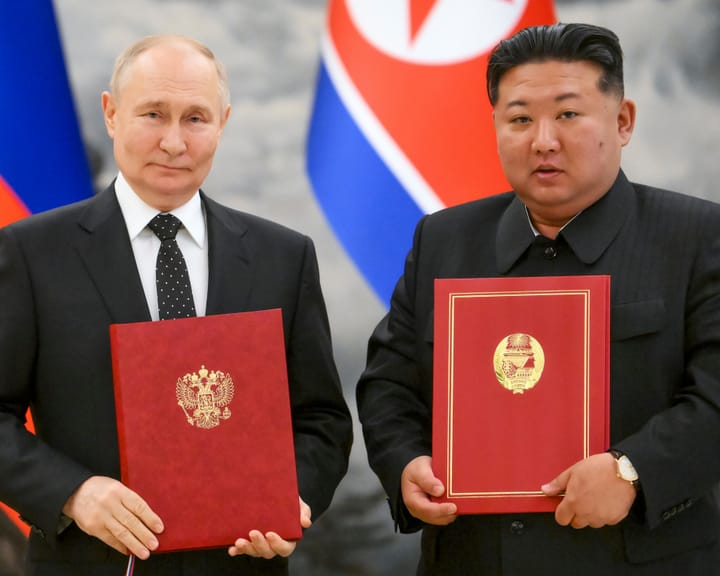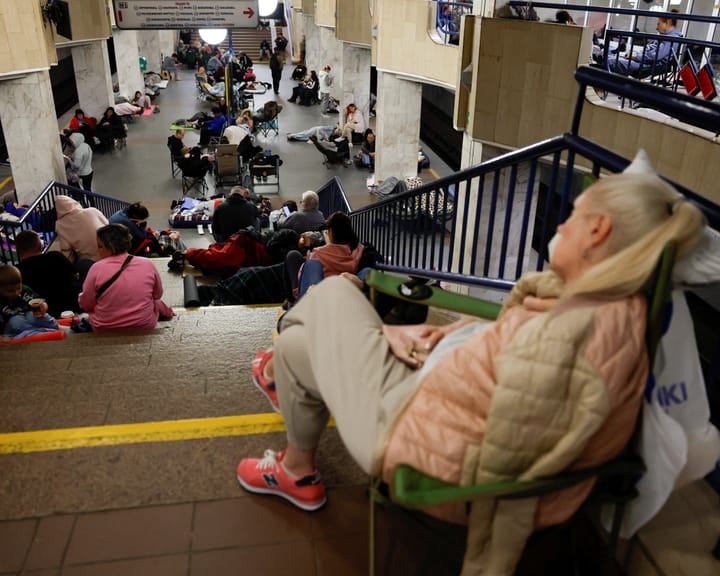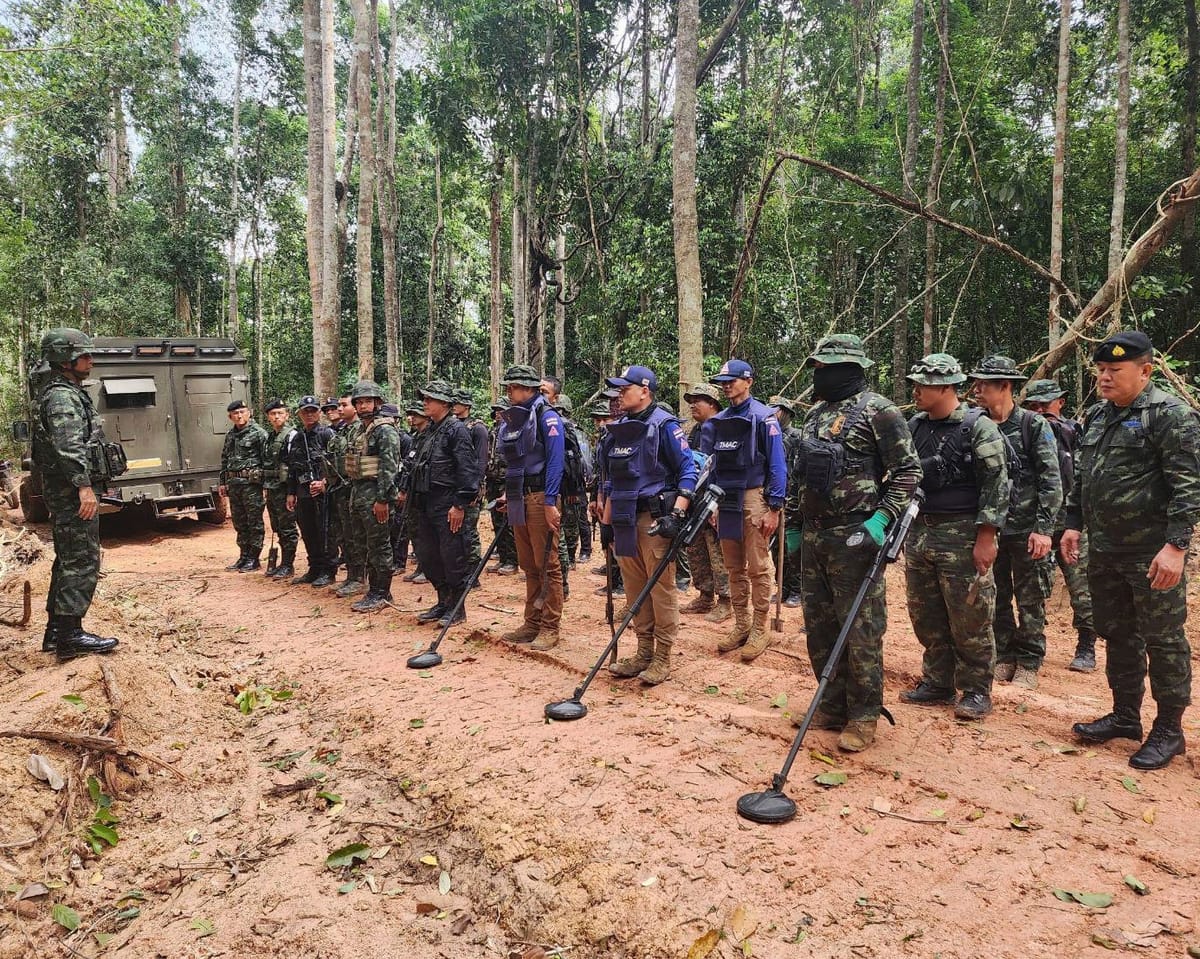What is the disagreement about?
The disagreement between Thailand and Cambodia traces back over a century, originating during the colonial period when France governed Cambodia until 1953 and initially charted the territorial boundary.
The contested border, extending more than 817 km (508 miles), has frequently seen tensions flare, often fueled by nationalistic fervor.
The latest confrontation began in May after a brief exchange of gunfire in a disputed zone, resulting in the death of a Cambodian soldier. Both governments retaliated in turn: Thailand introduced border controls, while Cambodia halted imports of Thai fruits and vegetables, stopped airing Thai entertainment, and reduced internet connectivity from Thailand, among other actions.
The situation worsened when five Thai soldiers were injured by landmines during a patrol. Thai authorities, claiming the explosives were recently placed, shut northeastern border crossings, recalled their ambassador, and ordered Cambodia’s envoy to leave in response. Cambodia, denying accusations of newly planted mines, announced it was reducing diplomatic engagement to the lowest level and withdrawing its embassy staff from Bangkok.
How does the political climate in both nations influence this conflict?
Cambodia functions as a one-party system. For nearly 40 years, authoritarian leader Hun Sen governed before transferring authority to his son, Hun Manet, in 2023. Though now serving as senate president, Hun Sen retains significant influence. Analysts suggest his encouragement of nationalism might be an effort to consolidate his son’s position, as Hun Manet operates under his father’s dominance without an independent political foundation.
Meanwhile, some observers speculate that the border tensions could divert attention from economic difficulties. Both countries could soon face a 36% tariff from the U.S. starting in August.
In Thailand, political turmoil has intensified. Prime Minister Paetongtarn Shinawatra has been temporarily removed from office, with her party accused of inadequately addressing the border issue.
Paetongtarn, daughter of former leader Thaksin Shinawatra, faced backlash after leaked audio captured her referring to Hun Sen as "uncle" and suggesting favors. The recording intensified scrutiny, with critics accusing her of prioritizing personal ties over national interests. Additionally, comments she made disparaging a high-ranking military official further weakened her standing, given the army's historical influence in Thai politics.
Her party, Pheu Thai, is currently in a precarious position.
Read next

UK, France, and Germany reinstate broad sanctions against Iran
UK, France, and Germany to Reinstate Sanctions on Iran Over Nuclear Inspections
The UK, France, and Germany are set to announce on Thursday the reinstatement of extensive sanctions against Iran for refusing to allow UN inspectors full access to its nuclear facilities.
This decision, under review for months, is expected

"Putin, Kim to attend China's military parade with Xi in western defiance"
World Leaders to Join Military Parade in Beijing Amid Geopolitical Tensions
Vladimir Putin and Kim Jong-un are among the foreign leaders who will attend a military parade alongside President Xi Jinping in Beijing next week, a gathering seen as a display of unity amid international pressure.
According to China’s

"Russia's massive assault on Kyiv leaves casualties"
Russian attacks in the Ukrainian capital, Kyiv, resulted in at least three fatalities and nine injuries, according to city officials on Thursday.
“Current reports indicate the death toll has risen to three, with nine wounded. A child was among those killed,” the city’s military administration stated.
Loud explosions were

